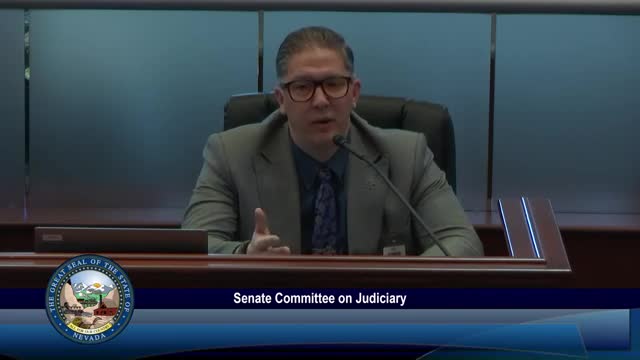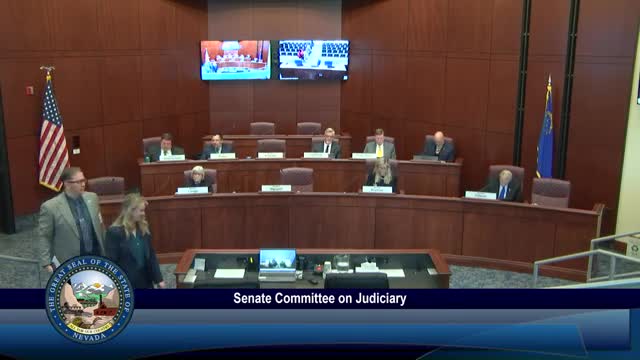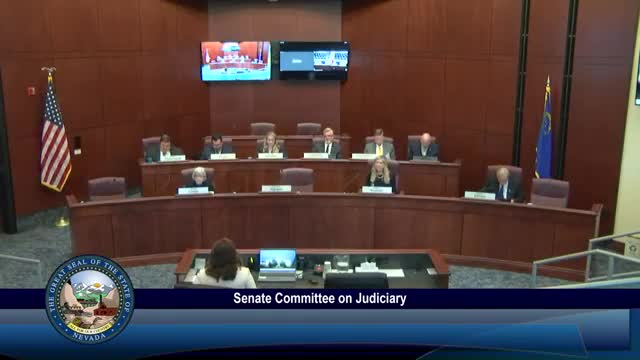Article not found
This article is no longer available. But don't worry—we've gathered other articles that discuss the same topic.

Panel backs proposal to centralize post‑conviction counsel, create alternate public defender to serve rural Nevada

Bill would let officers temporarily seize firearms during mental‑health crisis holds; opponents warn of due‑process and logistics issues

